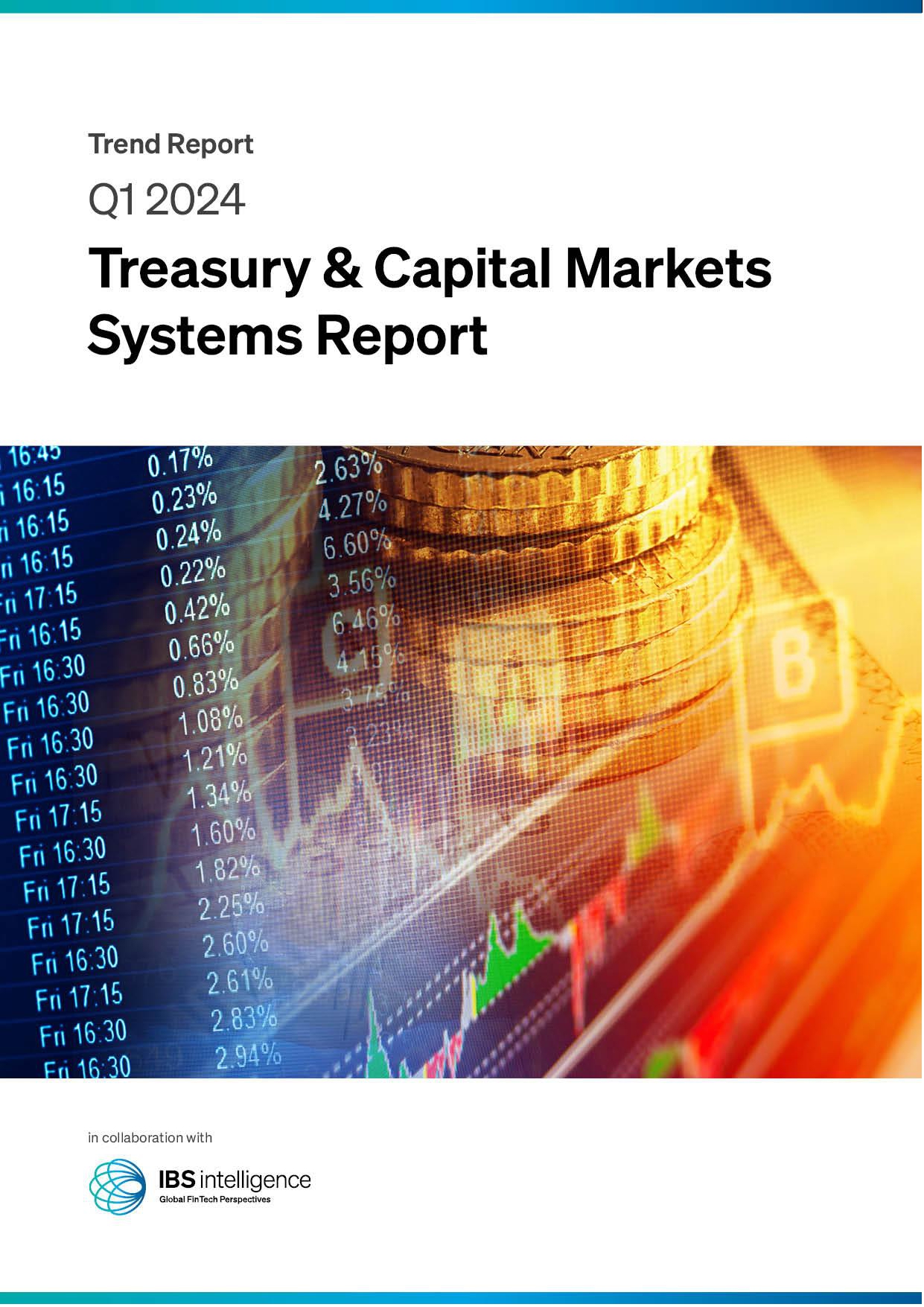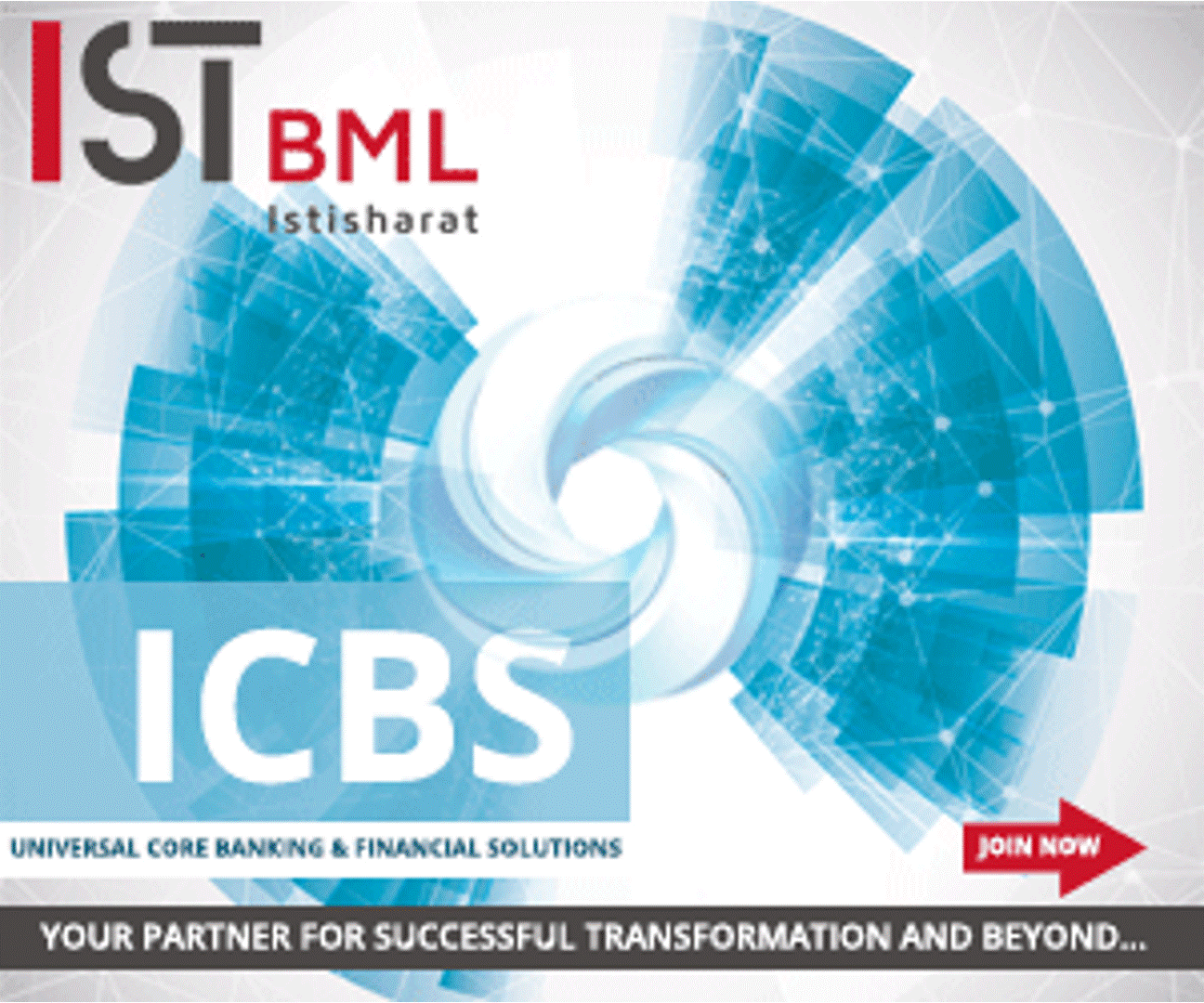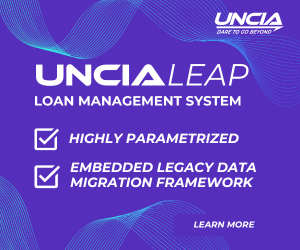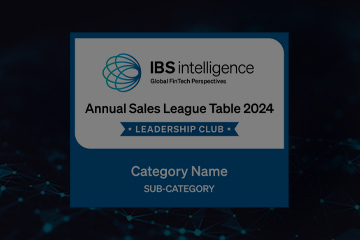Digitally transforming savings in Saudi Arabia’s FinTech ecosystem: Interview with Naif AbuSaida, Founder at Hakbah
By Puja Sharma
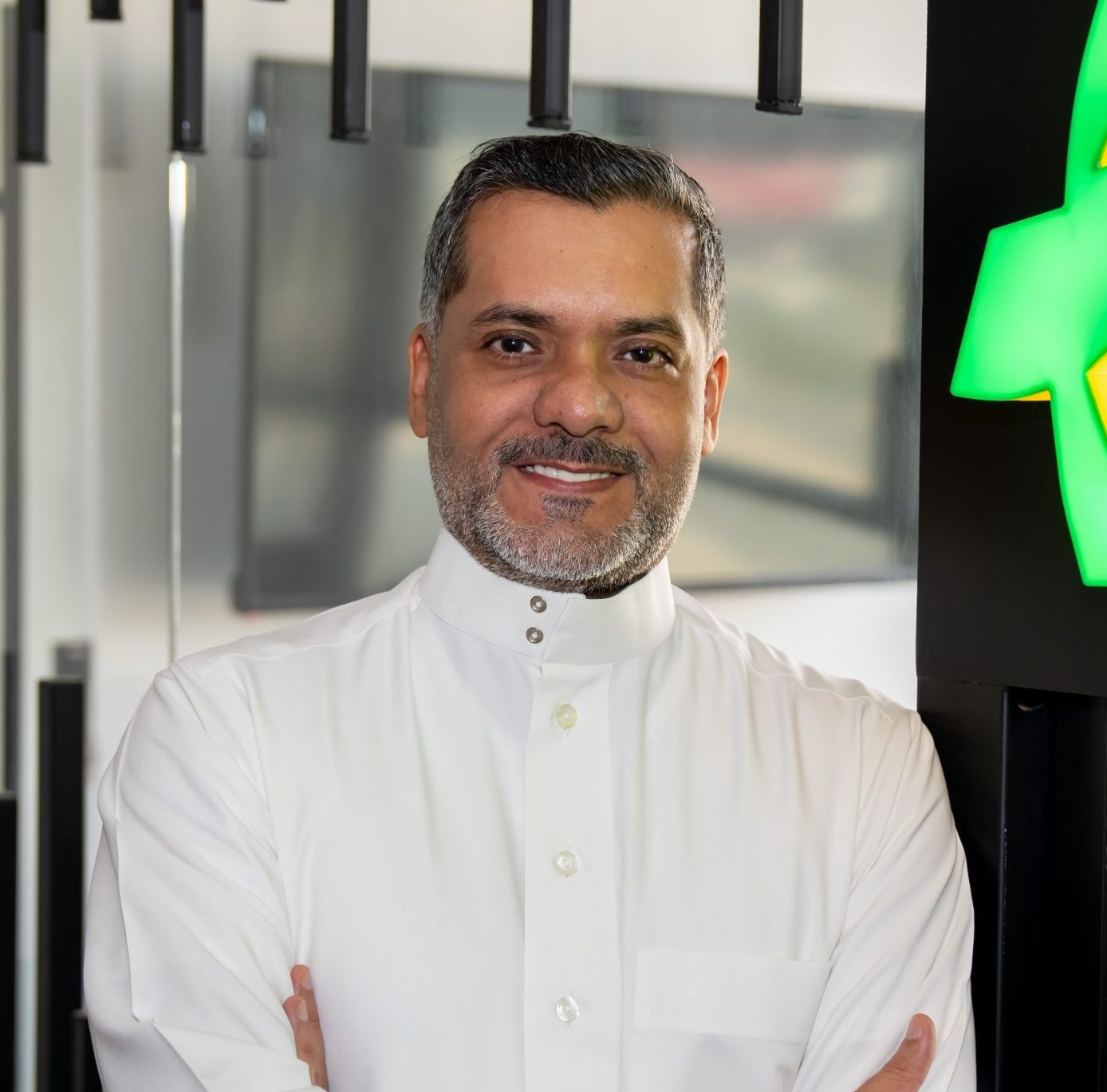
Hakbah is the cooperative saving platform in Saudi Arabia, offering an integrated solution for managing Jamiya (savings groups) digitally. The app supports payments via Mada cards and ensures compliance with Saudi regulations. With features like SMS, email notifications, and real-time updates, Hakbah simplifies saving and borrowing within trusted circles, promoting financial inclusion and ease of use.
In conversation with Naif AbuSaida – Founder at Hakbah
How are technologies being used to increase savings and address the savings crisis in the Middle East?
The Middle East faces a significant savings gap, with many needing a financial safety net. However, technology is emerging as a powerful tool to bridge this divide and empower people to save effectively.
While traditional savings practices like Jameya (collective savings pools) have deep roots in Middle Eastern culture, they often rely on manual processes, which can limit accessibility and transparency. At Hakbah, our aim is to digitise Jameya and offer a seamless and secure experience for a new generation of savers. Our mobile app not only digitises the process but also fosters community and accountability, two crucial factors for successful savings habits.
With Hakbah, the days of managing Jameya through complex paperwork, Excel, and WhatsApp groups are over. Our user-friendly FinTech platform automates contributions, sets personalised goals, and can track your progress. This empowers individuals to develop financial discipline and stay motivated on their savings journey.
Smartphones are not just a tool; they are a way of life in the Middle East, with a staggering 88% penetration rate in Saudi Arabia alone. By leveraging mobile technology, financial services and the ability to save are more accessible and convenient.
Our deep social savings platform is a testament to our commitment to community, leveraging technology to modernise traditional practices, address the savings gap, and empower individuals to take control of their financial well-being.
The future of savings in the Middle East is bright, and we are proud to lead this transformative journey. By embracing innovation, we can create a region where everyone has the opportunity to build a secure financial future.
What role does AI play in the Gulf’s burgeoning FinTech ecosystem?
AI is a powerful tool to unlock the Gulf’s FinTech landscape.
One of AI’s most exciting capabilities is its ability to analyse vast data. This allows FinTech companies to understand users’ financial behaviour with unparalleled accuracy. These insights are invaluable in crafting personalised financial savings solutions.
At Hakbah, we’re harnessing AI to tackle two critical challenges in the region: the lack of financial education and the burden of personal debt via social savings. Our AI models go beyond simply offering savings tools, and they empower individuals by providing personalised financial guidance. Businesses can use AI to analyse their income and spending patterns and then suggest a realistic savings plan or debt repayment strategy. This level of customised support is critical to achieving financial stability and building a secure future.
By leveraging AI’s capabilities, Hakbah is committed to fostering financial inclusion, empowering individuals, and shaping a brighter financial savings future for the region.
How is the savings market in KSA evolving, and what are the changing financial behaviours of Saudis and the younger generation driving change?
The Saudi savings market is experiencing an exciting transformation. We see a significant shift in financial behaviour, particularly among young Saudis. With a large population under 30 (over 60%), the demand for digital and user-friendly savings solutions is booming. Traditional methods, used by more than four million people, are no longer the only option. Hakbah, for instance, offers digital group savings that traditional methods lack, making it more appealing to the younger generation.
Financial education is key to driving change amongst the younger generations on savings. At Hakbah, 70% of our users fall within the 21-28 age group, demonstrating our success in transforming youth saving habits. This is a testament to our effectiveness and the potential for further growth.
Furthermore, government initiatives like the Zood Savings Program and the Financial Sector Development Program are not just tailwinds; we are perfectly aligning with their mission. These programs, aligned with Vision 2030, aim to diversify the financial sector, boost household savings, and promote economic inclusion across the Kingdom. This alignment provides a strong foundation for our future growth and success.
While we’ve made significant progress, there’s an exciting potential for further growth. Traditional, non-digital methods remain our biggest competitor, and Saudi Arabia’s household savings rate still ranks lowest in the G20. However, with the rising demand for digital savings, we are poised to bridge that gap and create a culture of intelligent saving for all Saudis.
What are the current trends and predictions for the Rotating Savings and Credit Association (ROSCA) global market?
While Rotating Savings and Credit Associations (ROSCAs) and social Savings (Jameya) are traditional methods of saving with a global footprint and a $500 billion market, they are ripe for digital transformation, especially in emerging markets like Saudi Arabia. We expect the sector to continue to digitalise as the demand for user-centric tools increases.
Here’s why:
- Large, undigitised market: ROSCAs in Saudi Arabia hold a $5 billion market but lack the efficiency and security of digital solutions. Investing in businesses such as Hakbah can bridge this gap by providing a secure, user-friendly platform for these existing savings groups.
- Government support for innovation: Saudi Arabia’s government actively fosters innovation in the financial sector, and Hakbah aligns perfectly with this vision. This alignment provides a strong foundation for the project’s viability and success.
- Tech-savvy youth: Over 60% of Saudis are under 30 and demand digital solutions.
This presents a significant opportunity for FinTechs and innovative solutions. Our pilot programs have already shown promising results, with high demand for the service, which is reflected in our < 400% organic growth over the last 18 months, indicating the potential for substantial growth and profitability.
Why is cooperation between key players across the FinTech sector necessary?
In today’s dynamic financial landscape, collaboration across the FinTech sector is essential for success. At Hakbah, we firmly believe that by working with key players – government entities, investors, innovators, and consumers – we can create a more inclusive and impactful financial ecosystem in Saudi Arabia.
Government Support: Saudi Arabia’s government has fostered innovation through initiatives like the Regulatory Sandbox. As a participant in this Sandbox, we have been able to test and refine solutions in a safe environment, mitigating risks and accelerating market entry.
Strategic Partnerships: We actively seek collaborations with other FinTech players to enhance our offerings. Our recent partnership with ELM, Simah, Masdr, Riyad Bank, Fransi Bank and Tarabut exemplifies this. By combining our strengths, we streamlined onboarding and reduced data processing by 40%, creating a smoother customer experience.
Engaging Regulators: Working closely with regulators like SAMA is critical in ensuring FinTechs comply with the latest regulations. This collaborative approach fosters trust and stability within the ecosystem, demonstrating our commitment to regulatory compliance.
At Hakbah, collaboration isn’t just a buzzword; it’s a core principle. By fostering a collaborative environment, we can unlock fintech’s immense potential to drive financial inclusion, empower individuals, and propel the Kingdom’s economic approach.
IBSi Daily News Analysis
IBSi FinTech Journal
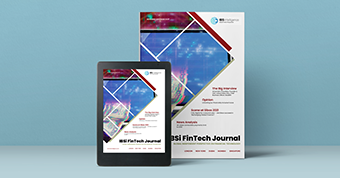
- Most trusted FinTech journal since 1991
- Digital monthly issue
- 60+ pages of research, analysis, interviews, opinions, and rankings
- Global coverage
Other Related News
Related Reports
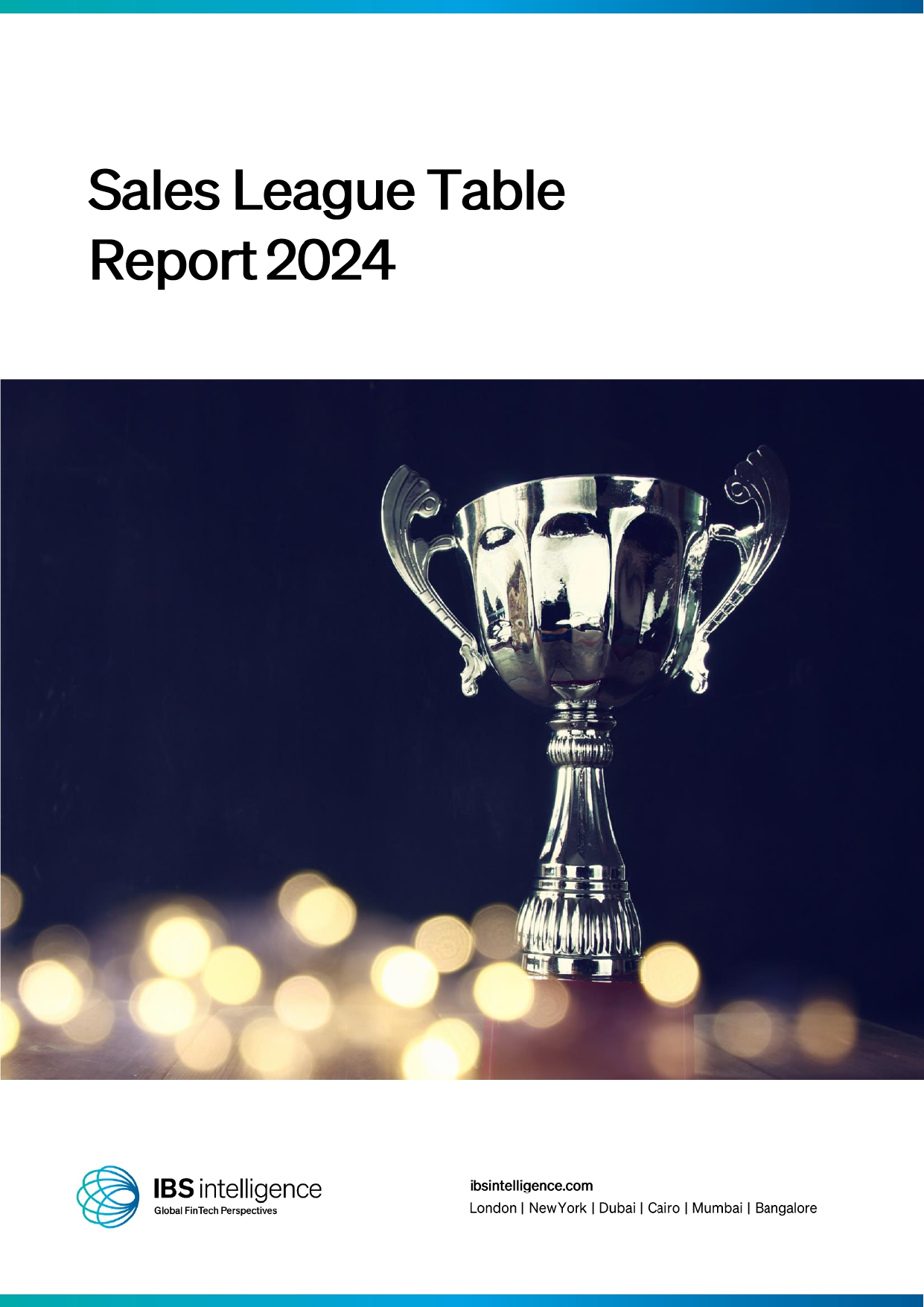
Sales League Table Report 2024
Know More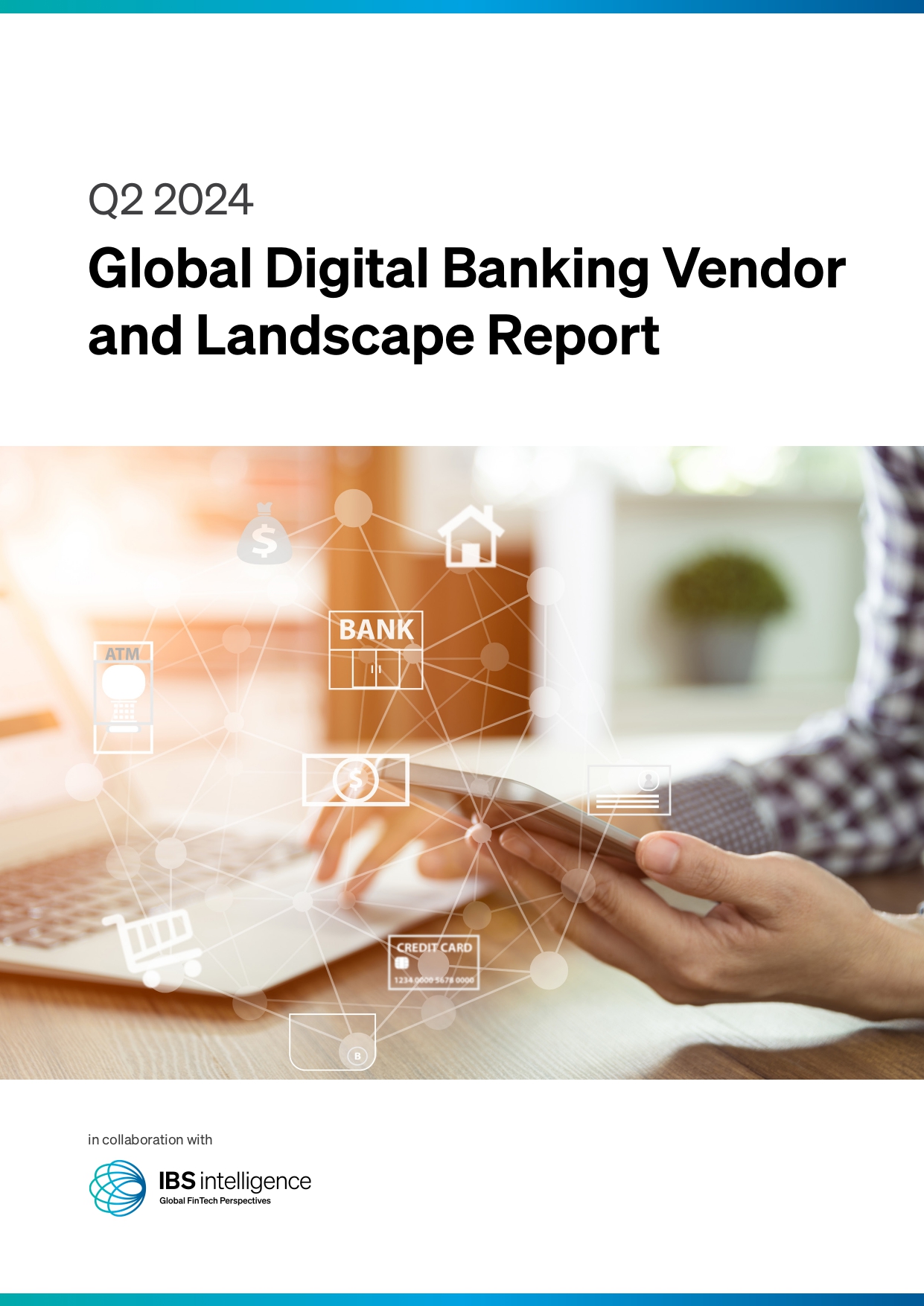
Global Digital Banking Vendor & Landscape Report Q2 2024
Know More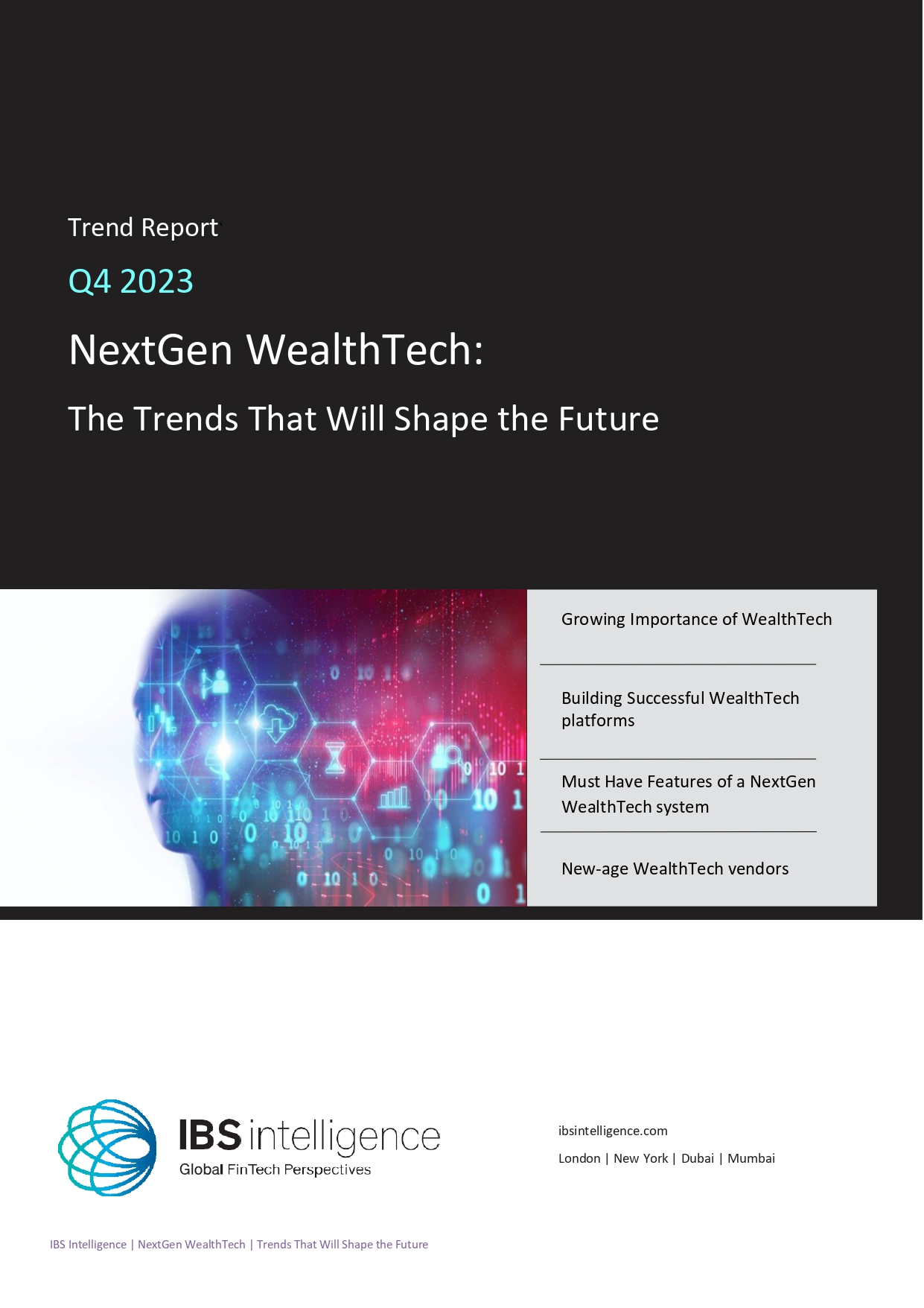
NextGen WealthTech: The Trends To Shape The Future Q4 2023
Know More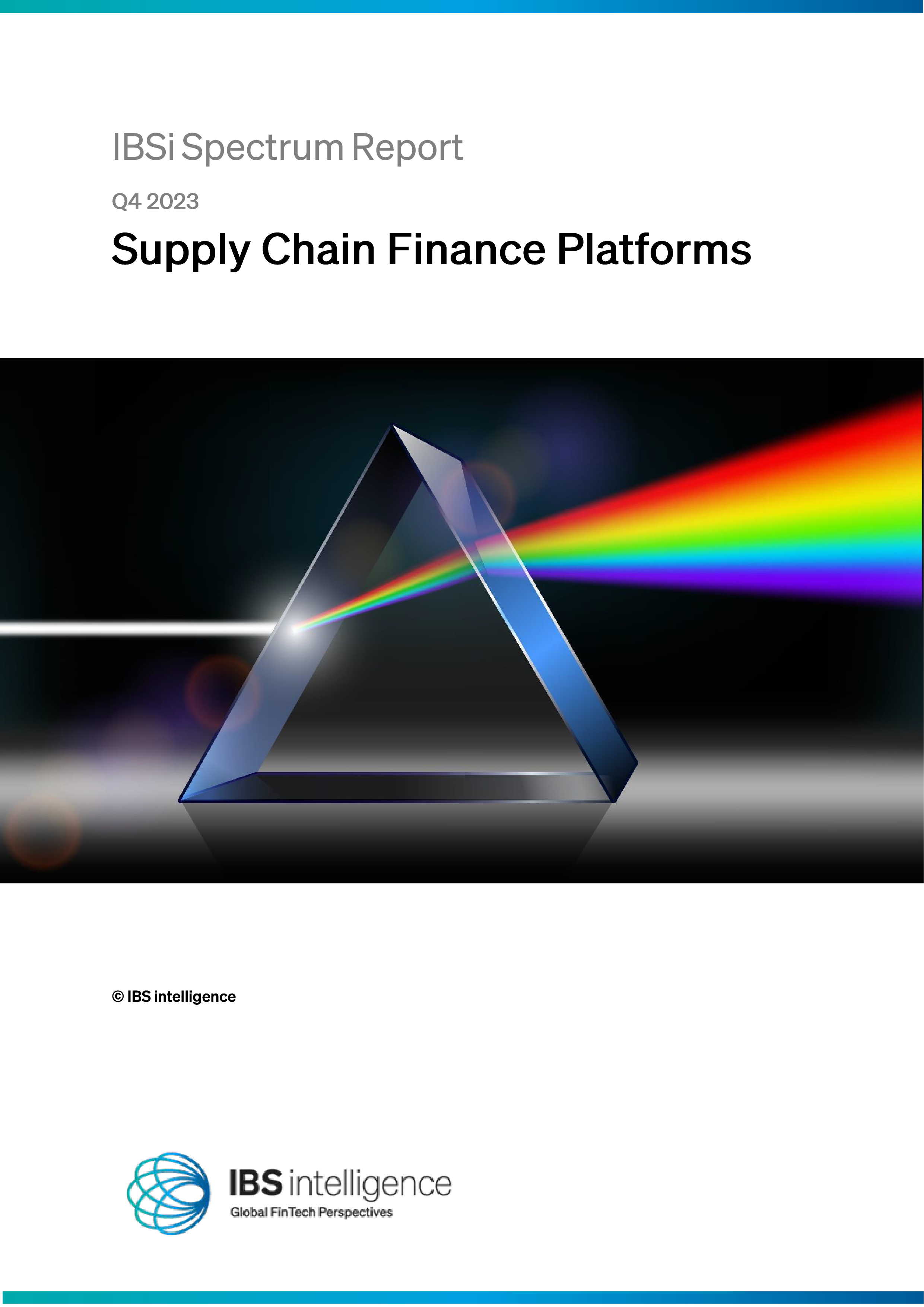
IBSi Spectrum Report: Supply Chain Finance Platforms Q4 2023
Know More